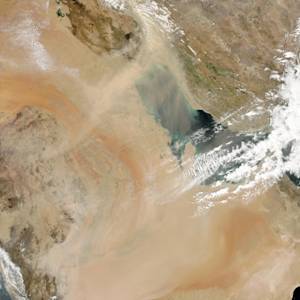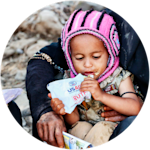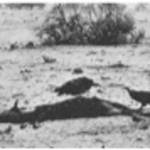Easter Island Civilization Collapse
1600s CE • Pacific Ocean
"The history of Easter Island (Rapa Nui) has been presented as a cautionary tale of human society that destroyed its renewable resources and in the process was reduced to a fragmented of the population and a shadow of the culture that had marked its zenith . . . Along with deforestation came soil depletion and erosion, water contamination, and loss of bird habitat. The resources that has supported the early expansion of the Easter Islanders began to disappear . . . One day the last palm tree was cut down . . . The population reached the limit of environmental support, with food shortage as a result. It was not possible for out-migration to relieve population pressure, because no materials remained for the construction of canoes large enough for inter-island voyages. Conflict increased as groups attempted to seize resources from others. The population crashed." However, there is a recent hypothesis that challenges the long-held ideas about the collapse of the Easter Island civilization. Some researchers posit that it was European contact and exploitation, rather than self-destruction, that ultimately led to the demise of this Rapa Nui society.
Hughes, J. Donald, An Environmental History of the World: Humankind's Changing Role in the Community of Life (London, England: Routledge, 2009), 100-104. Tom Garlinghouse & Sapiens, "Rethinking Easter Island’s Historic ‘Collapse’" Scientific American, May 30, 2020.
Image: "Moai Rano raraku", Aruba, January 2004
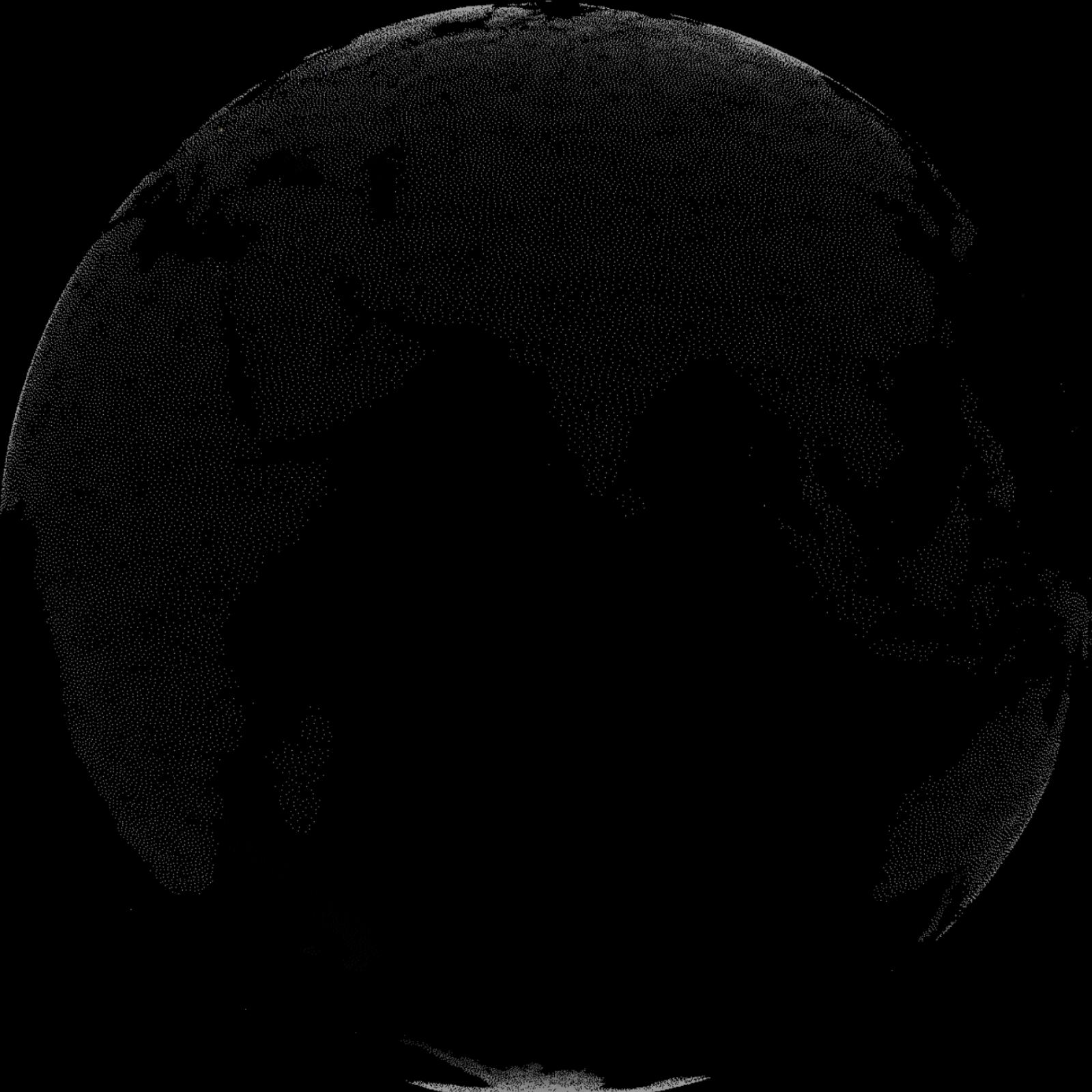

Learn about Maya Lin’s fifth and final memorial: a multi-platform science based artwork that presents an ecological history of our world - past, present, and future.
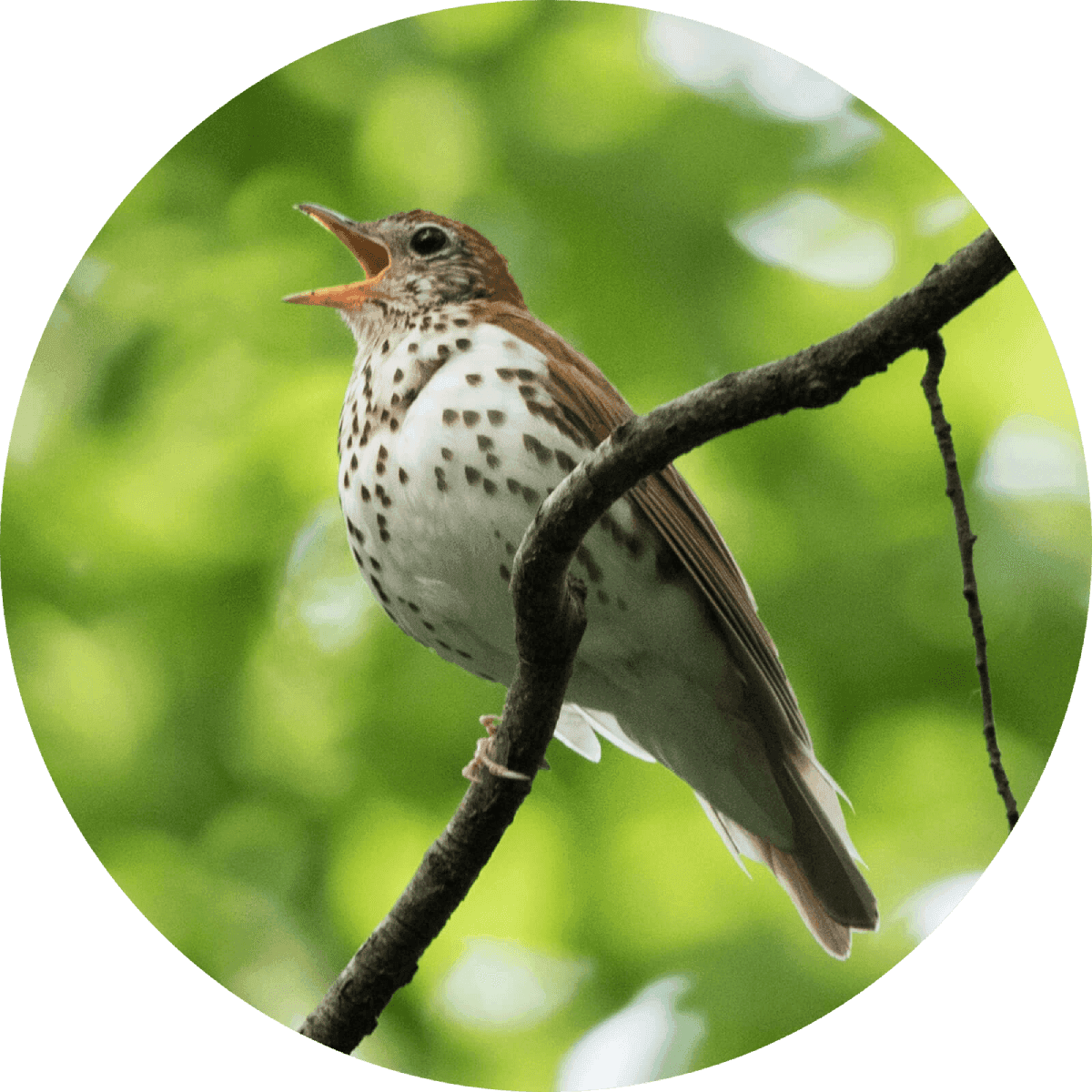
Discover ecological histories and stories of former abundance, loss, and recovery on the map of memory.
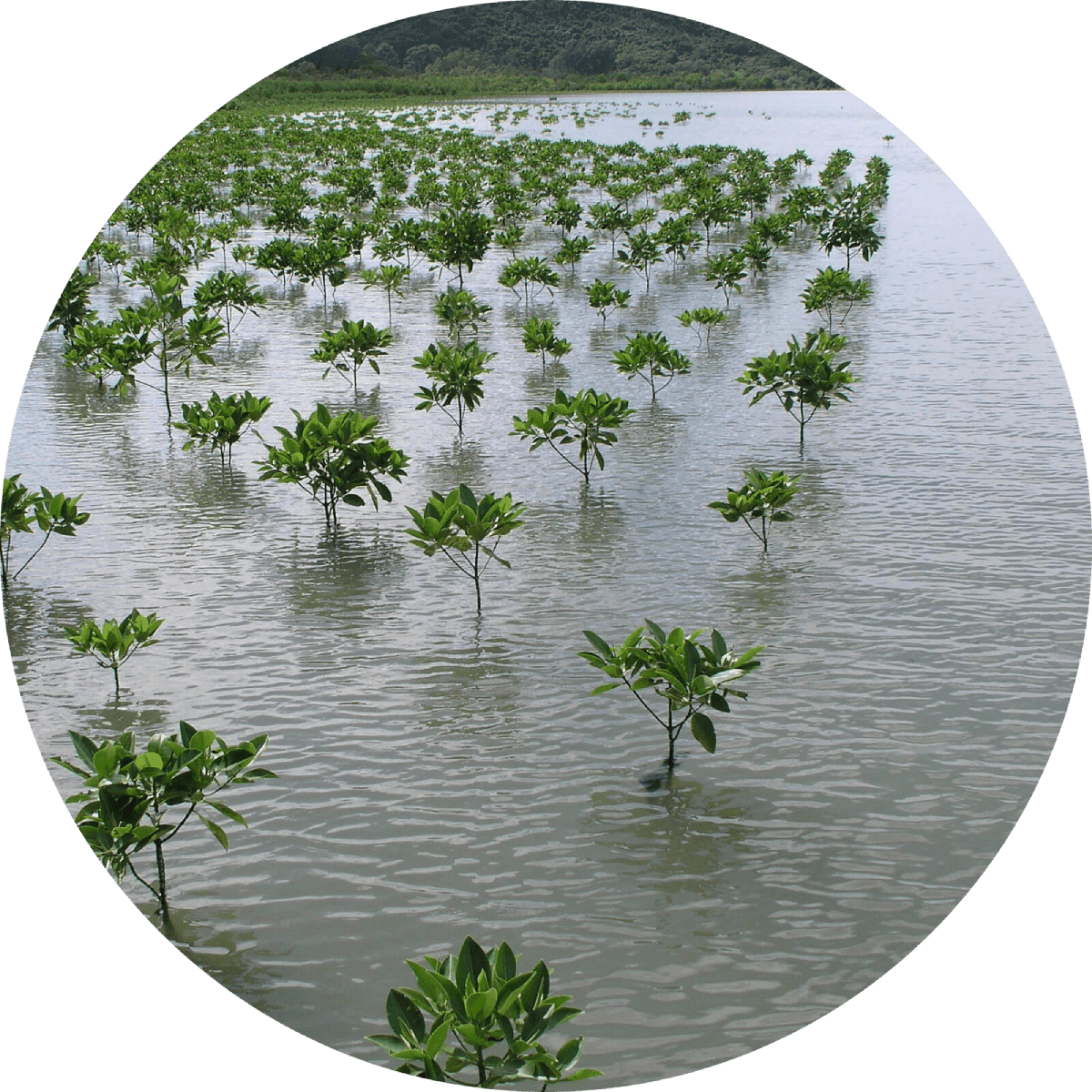
Learn how we can reduce our emissions and protect and restore species and habitats – around the world.

See how art can help us rethink the problems we face, and give us hope that each one of us can make a difference.

Help make a global memorial something personal and close to home. Share your stories of the natural world.
